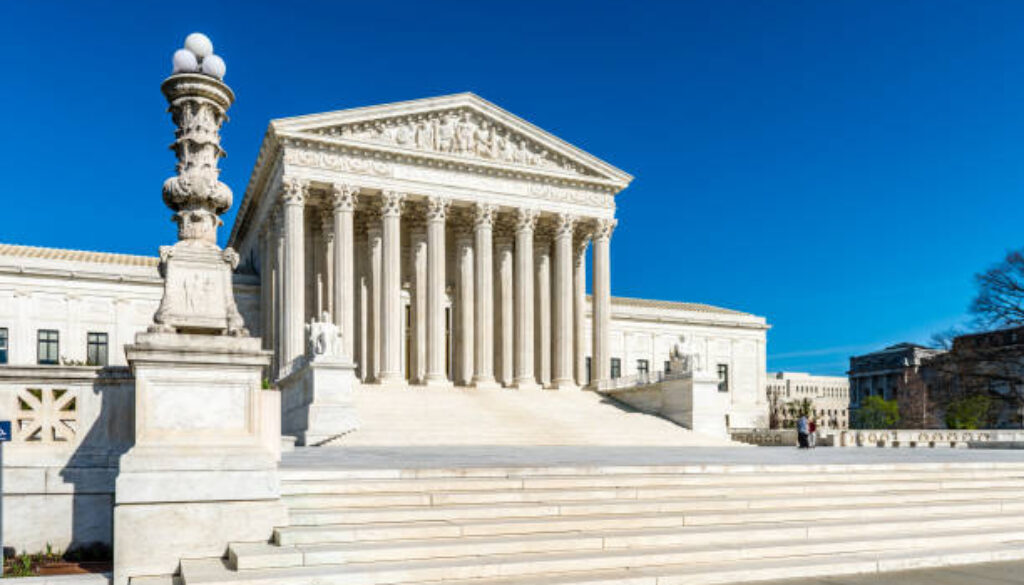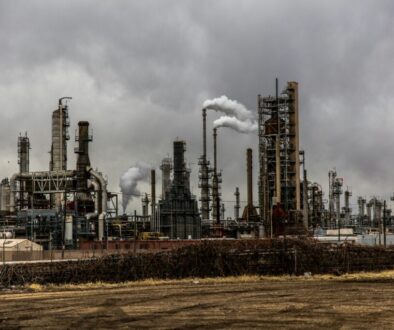In 5-4 order, Supreme Court reinstates Trump-era Clean Water Act rule
The Supreme Court has reinstated a Trump Environmental Protection Agency water quality certification rule that a federal district court judge had earlier vacated and sent back to the agency, reviving the regulation while an appeal over the prior ruling continues.
The district court’s October 21, 2021, order is stayed pending the conclusion of the appeal in the U.S. Court of Appeals for the Ninth Circuit and any future appeal to the Supreme Court of whatever the Ninth Circuit decides, according to an April 6 high court order.
Although the 5-4 order does not include any explanation from the majority for its decision, it drew a dissent from Justice Elena Kagan. She was backed by Chief Justice John Roberts along with liberal Justices Sonia Sotomayor and the retiring Stephen Breyer.
“This Court may stay a decision under review in a court of appeals ‘only in extraordinary circumstances’ and ‘upon the weightiest considerations,” writes Kagan, quoting from two prior Supreme Court decision. She says the states and energy groups challenging the district court ruling have not proven their claim of “irreparable harm” from vacating the rule.
“They claim that the vacated rule gave them ‘protections’ against states that previously ‘abuse[d]’ their statutory authority to review infrastructure projects for compliance with water-quality standards,” writes Kagan. But [they] have not identified a single project that a state has obstructed in the five months since the District Court’s decision.”
She writes, “Still more, they have not cited a single project that the court’s ruling threatens, or is likely to threaten, in the time before the appellate process concludes. The request for a stay rests on simple assertions – on conjectures, unsupported by any present-day evidence, about what states will now feel free to do.”
Environmentalists have long claimed the Trump-era rule significantly restricted the ability of states and tribes to safeguard water quality by objecting to fossil fuel energy development.
The Clean Water Act’s Section 401 gives states and some tribes the authority to review environmental impacts of various projects, such as energy development, and potentially block the projects by declining to certify that discharges from the projects comply with the law. The Trump rule finalized in 2020 limited states’ power to object to such development, critics say.
“The Court’s decision to reinstate the Trump administration rule shows disregard for the integrity of the Clean Water Act and undermines the rights of Tribes and states to review and reject dirty fossil fuel projects that threaten their water,” said Moneen Nasmith, senior attorney at Earthjustice, which is fighting the rule in the Ninth Circuit appeal.
 EWG
EWG


